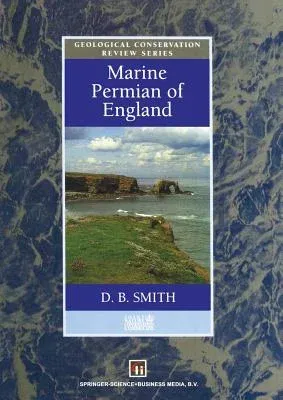D B Smith
(Author)Marine Permian of England (1995)Paperback - 1995, 3 October 2013

Qty
1
Turbo
Ships in 2 - 3 days
In Stock
Free Delivery
Cash on Delivery
15 Days
Free Returns
Secure Checkout
Part of Series
Emotions, Personality, and Psychotherapy
Print Length
205 pages
Language
English
Publisher
Springer
Date Published
3 Oct 2013
ISBN-10
9401045275
ISBN-13
9789401045278
Description
Product Details
Author:
Book Edition:
1995
Book Format:
Paperback
Country of Origin:
NL
Date Published:
3 October 2013
Dimensions:
29.69 x
21.01 x
1.19 cm
ISBN-10:
9401045275
ISBN-13:
9789401045278
Language:
English
Location:
Dordrecht
Pages:
205
Publisher:
Weight:
544.31 gm

